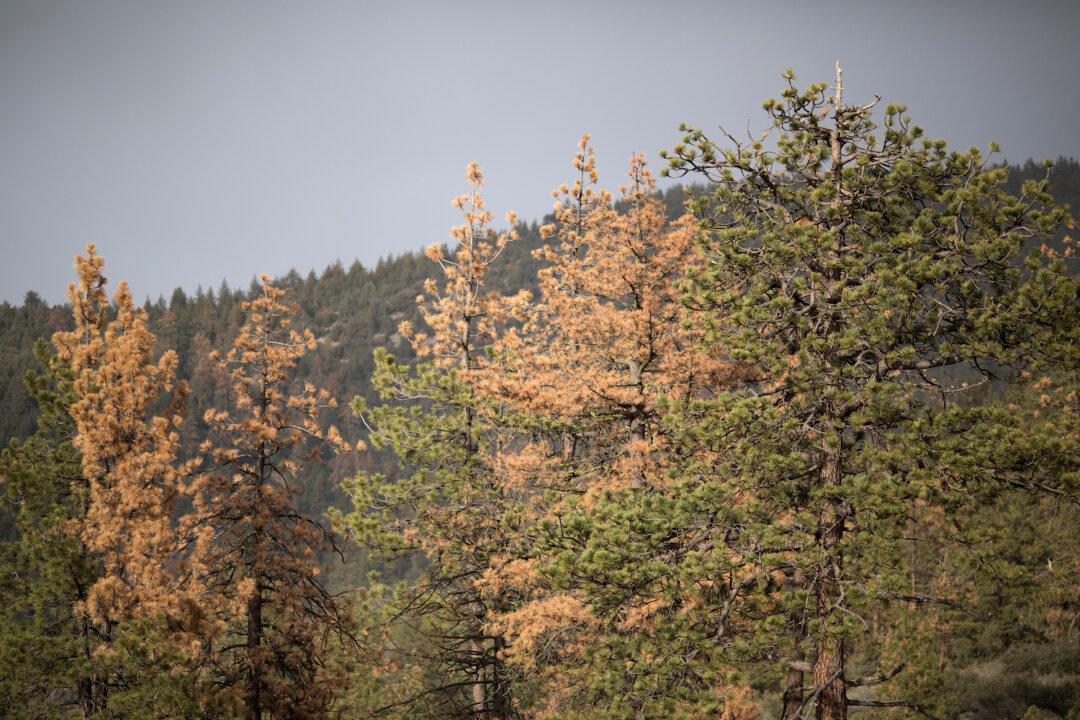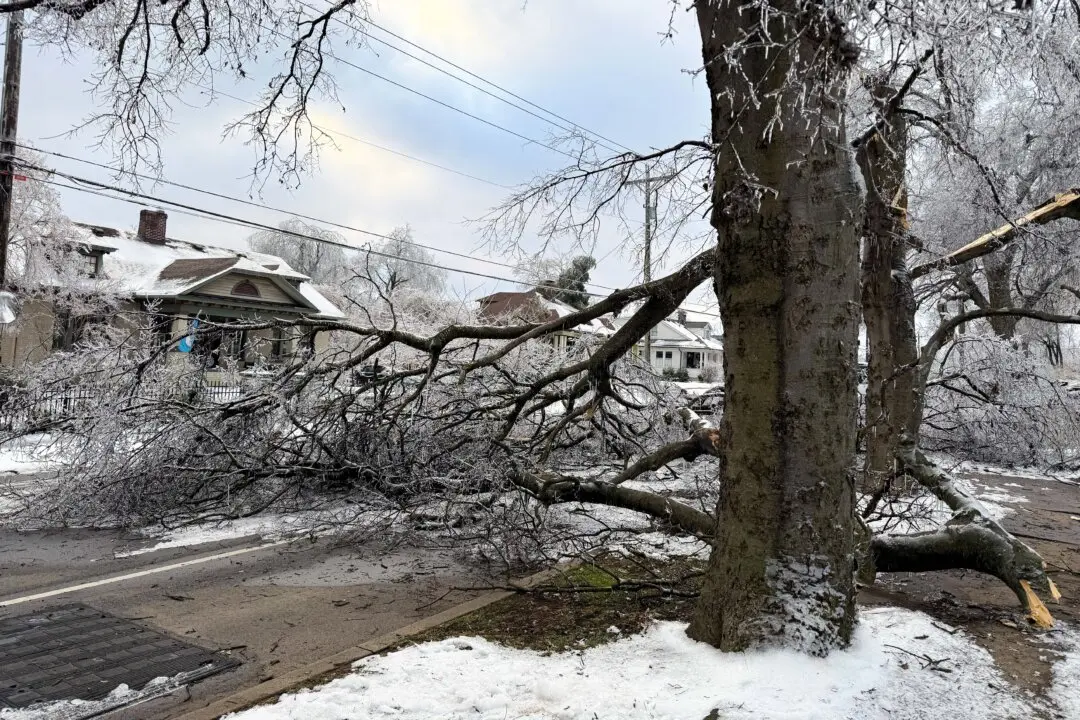The Biden administration has announced steps toward fostering forest conservation and enhancing forest resilience to climate change.
In a press release on April 20, the Department of Agriculture (USDA) and the Department of the Interior (DOI) announced a program designed to achieve those goals on federally managed lands administered by the Forest Service and the Bureau of Land Management (BLM).





